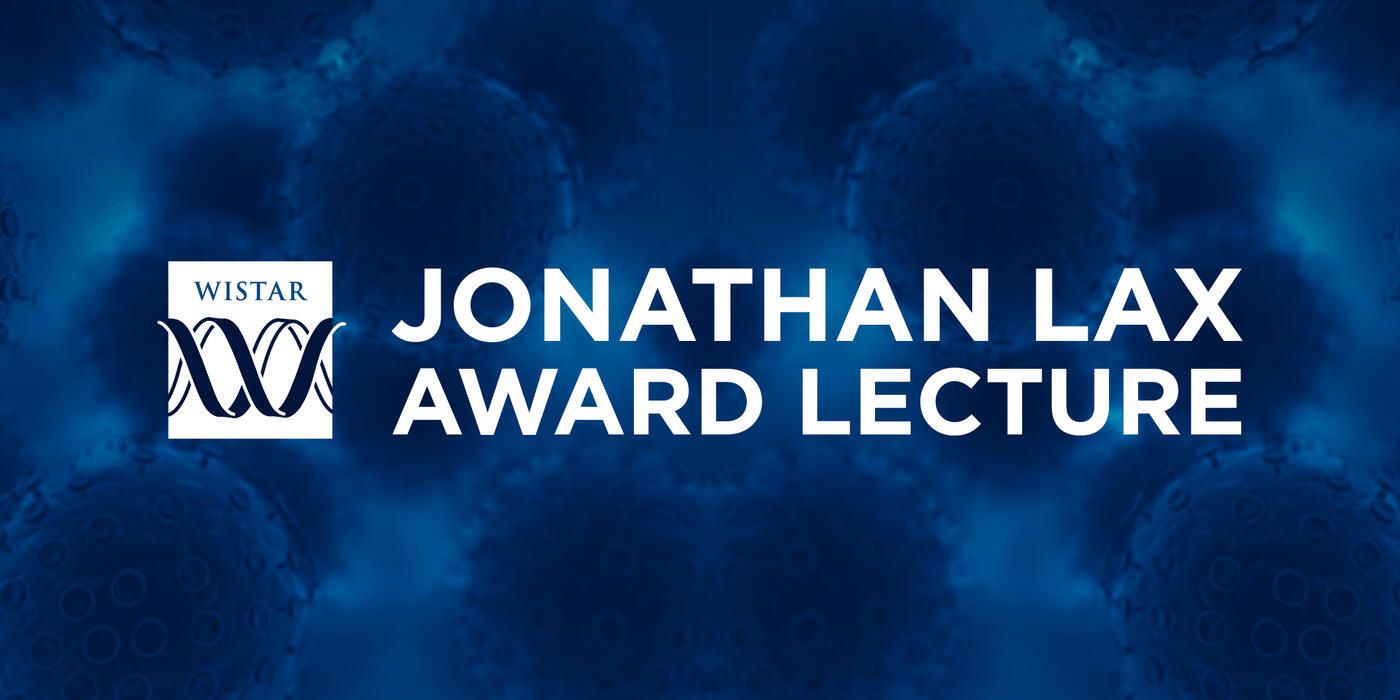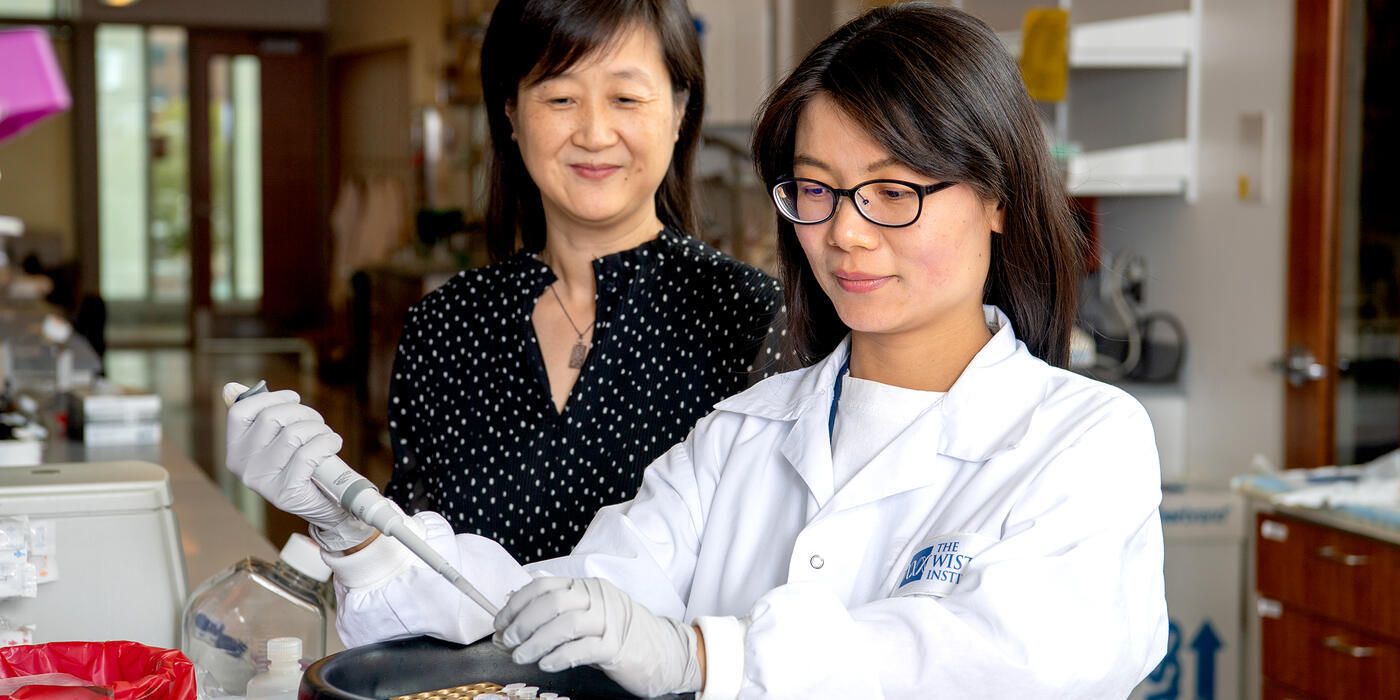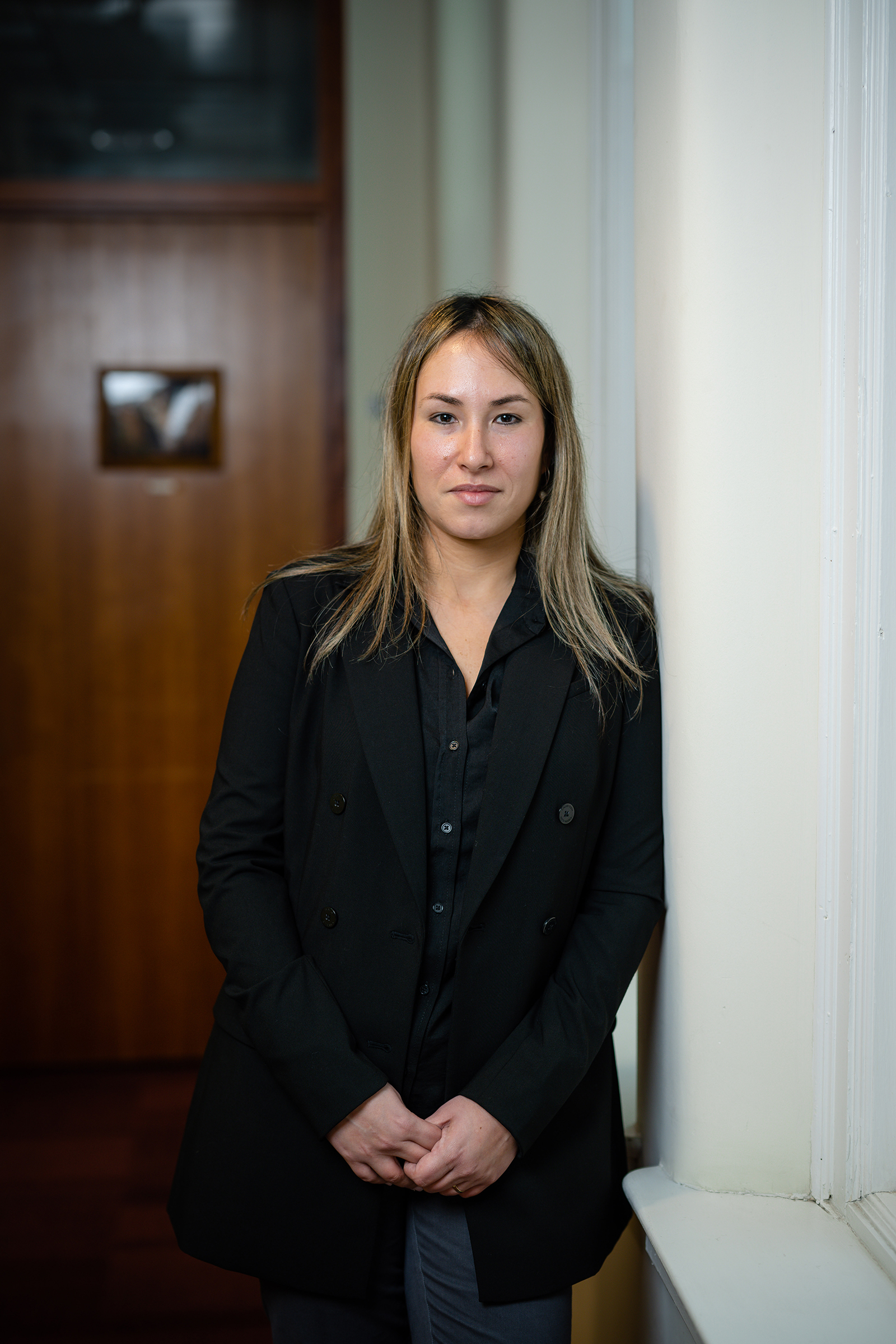New Community Partnership Model Boosts Inclusion of Participants into HIV Cure-Directed Research
PHILADELPHIA — (July 19, 2023) — Scientists have long used community advisory boards to engage communities and provide feedback on studies, but this model has limitations. Now, researchers from The Wistar Institute are sharing how a more inclusive model for community engagement can lead to deeper insights and greater community participation in HIV research. The community engagement group, or CEG model, is composed of a three-part structure with a Community Advisory Board (CAB), Community nonprofit organization, and researchers.
“The more inclusive community engagement group model is a valuable resource for scientists because of the broader reach, deeper trust and credibility we can maintain with persons living with HIV in our community,” said Luis Montaner, D.V.M., D.Phil., vice president for scientific operations, Herbert Kean, M.D., Family Professor, director, HIV-1 Immunopathogenesis Laboratory, and leader, HIV Research Program, Vaccine & Immunotherapy Center at The Wistar Institute. “Unlike isolated advisory board models, in which researchers propose ideas and the board provides advice, the CEG model is a collaborative working unit at every stage of the research process.”
As a clinic and service provider, Philadelphia FIGHT is constantly interacting with HIV patients and providers, as well as advocating for policy changes, giving it a role in the CEG that provides “a much broader footprint” than a traditional CAB, Montaner said. By combining Philadelphia FIGHT with the CAB, it also established greater access and trust within the target community.
“This a very unique, dynamic model because we are all working together,” said William B. Carter, chairman of the BEAT-HIV Community Advisory Board (CAB). “We (the community) work in unison with researchers and Philadelphia FIGHT and it’s a beautiful thing. In my eyes, the scientists dream up the roadmap to implement cure research with collaborators. And then the community makes the dream our own. The scientists’ dreams will never come to light because they can’t take that injection, they can’t take that pill. You need health clinics and services to help organizations. Then you need us. I don’t see how we can’t succeed.”
“Projects are developed in partnership,” Montaner said. “As a larger working group with community nonprofit groups serving patient communities, together with community advocates sharing life experiences, the result of our joint work goes beyond just asking community members to be only advisors.”
The Montaner Team’s case study about their experience combining scientists, Philadelphia FIGHT and a CAB under a CEG model, entitled “Community engagement group model in basic and biomedical research: lessons learned from the BEAT-HIV Delaney Collaboratory towards an HIV-1 cure,” was published June 8, 2023 in the journal Research Involvement and Engagement.
Montaner, who was senior author of the paper, said the Team published the report after hearing questions from other researchers about how to replicate the Wistar CEG model. “Over time we’ve been asked, ‘How do you do it?” he said. “Overall, we’re proposing a new model for community engagement.”
The paper details the decades-long relationship between HIV researchers at Wistar and Philadelphia FIGHT, a nonprofit AIDS services organization, clinic, and advocacy group. The collaboration eventually led to the establishment of the BEAT-HIV Community Engagement Group or CEG when a CAB was added as the third component.
Along with a history of the collaboration, the report also documents examples of specific projects, and lessons learned, with potential strengths and challenges faced with the CEG since its start.
“We’re proposing a new, improved and more intentional model for community engagement with greater equity and roles than our previous practices,” Montaner said. “We are hopeful that other research programs, not just HIV cure-directed research, can adapt our experience to increase community partnerships into ongoing research efforts.”
Co-authors: Karine Dubé of the University of California San Diego; Beth Peterson of The Wistar Institute; Nora L. Jones, William B. Carter, Christine Dannaway, Steven Johnson, Roy Hayes, Marcus Hill, and Rease Maddox of the BEAT-HIV Delaney Collaboratory Community Advisory Board; Amy Onorato, David Metzger, and James L. Riley of the University of Pennsylvania; Jane Shull of Philadelphia FIGHT Community Health Centers.
Work supported by: the National Institute of Allergies and Infectious Diseases, the National Institute of Mental Health, the National Institute of Neurological Disorders and Stroke, the National Institute on Drug Abuse, and The Robert I. Jacobs Fund of the Philadelphia Foundation.
Publication information: “Community engagement group model in basic and biomedical research: lessons learned from the BEAT-HIV Delaney Collaboratory towards an HIV-1 cure,” Research Involvement and Engagement (DATE).
###
The Wistar Institute, the first independent, nonprofit biomedical research institute in the United States, marshals the talents of an international team of outstanding scientists through a culture of biomedical collaboration and innovation. Wistar scientists are focused on solving some of the world’s most challenging and important problems in the field of cancer, infectious disease, and immunology. Wistar has been producing groundbreaking advances in world health for more than a century. Consistent with its legacy of leadership in biomedical research and a track record of life-saving contributions in immunology and cell biology, Wistar scientists’ early-stage discoveries shorten the path from bench to bedside. wistar.org.










